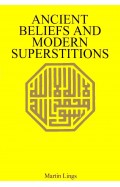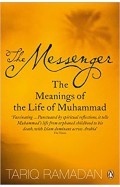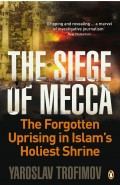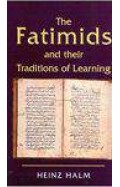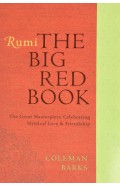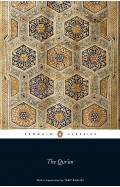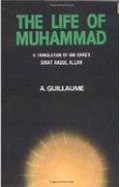- Home
- Sports & Entertainment
- Football
- Religion & Spirituality
- Islam
- Islam and the Perennial Philosophy
Islam and the Perennial Philosophy
By: Frithjof Schuon
-
Rs 624.00
- Rs 780.00
- 20%
You save Rs 156.00.
Due to constant currency fluctuation, prices are subject to change with or without notice.
| Book | |
| What's in the Box? | 1 x Islam and the Perennial Philosophy - |
Prayer Fashions Man: Frithjof Schuon on the Spiritual Life
By: Frithjof Schuon
Rs 617.50 Rs 950.00 Ex Tax :Rs 617.50
Zubin Mehta: A Musical Journey (An Authorized Biography)
By: VOID - Bakhtiar K. Dadabhoy
Rs 472.50 Rs 1,050.00 Ex Tax :Rs 472.50
Malala The Girl Who Stood Up for Education and Changed the World
By: Malala Yousafzai
Rs 272.25 Rs 495.00 Ex Tax :Rs 272.25
The Messenger: The Meanings of the Life of Muhammad
By: Tariq Ramadan
Rs 2,076.00 Rs 2,595.00 Ex Tax :Rs 2,076.00
Rumi :The Big Red Book The Great Masterpiece Celebrating Mystical Love And Friendship -
By: Coleman Barks
Rs 2,156.00 Rs 2,695.00 Ex Tax :Rs 2,156.00
Most Beautiful Names Of Allah
By: Samira Fayyad Khawaldeh
Rs 1,231.75 Rs 1,895.00 Ex Tax :Rs 1,231.75
Malala The Girl Who Stood Up for Education and Changed the World
By: Malala Yousafzai
Rs 272.25 Rs 495.00 Ex Tax :Rs 272.25
No recently viewed books available at the moment.
Zubin Mehta: A Musical Journey (An Authorized Biography)
By: VOID - Bakhtiar K. Dadabhoy
Rs 472.50 Rs 1,050.00 Ex Tax :Rs 472.50
Prayer Fashions Man: Frithjof Schuon on the Spiritual Life
By: Frithjof Schuon
Rs 617.50 Rs 950.00 Ex Tax :Rs 617.50
Malala The Girl Who Stood Up for Education and Changed the World
By: Malala Yousafzai
Rs 272.25 Rs 495.00 Ex Tax :Rs 272.25











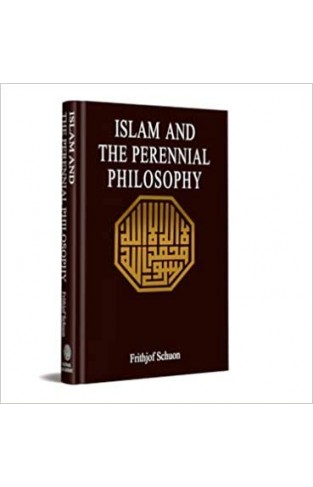
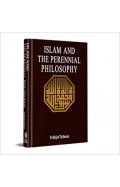
-120x187.jpg?q6)
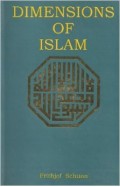
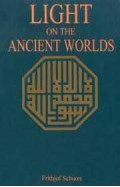
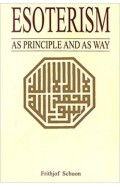
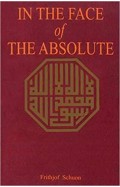
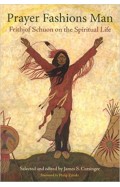
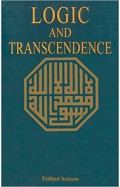
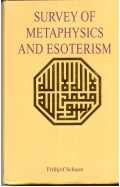
-120x187.jpg?q6)






